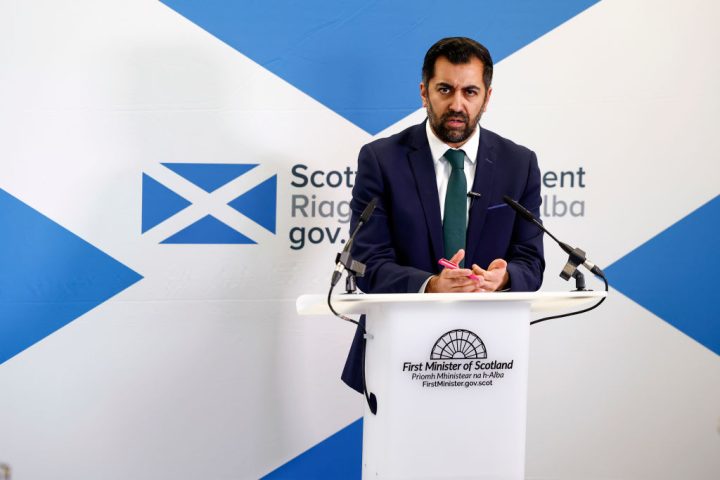Humza Yousaf might have hoped for a better week. On Wednesday, the First Minister gave a speech at the European Institute of the London School of Economics, setting out why Scotland’s economic future would be brighter if it was an independent country. Some in the room were enthusiastic, but the Scotsman quietly drew attention to an LSE study from 2021 which had found that ‘the economic costs of independence are two to three times greater than the impact of Brexit’.
Already a subscriber? Log in
Subscribe for just $2 a week
Try a month of The Spectator Australia absolutely free and without commitment. Not only that but – if you choose to continue – you’ll pay just $2 a week for your first year.
- Unlimited access to spectator.com.au and app
- The weekly edition on the Spectator Australia app
- Spectator podcasts and newsletters
- Full access to spectator.co.uk
Or




















Comments
Don't miss out
Join the conversation with other Spectator Australia readers. Subscribe to leave a comment.
SUBSCRIBEAlready a subscriber? Log in